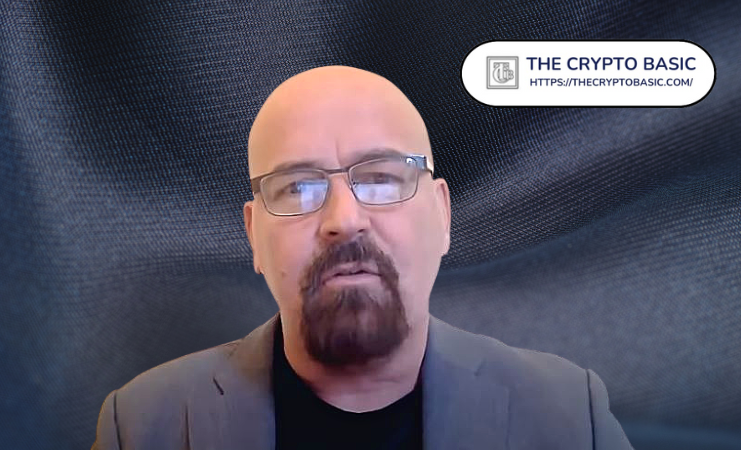The SEC enjoys discretionary privileges as part of the executive branch, says Deaton.
CryptoLaw founder Attorney John Deaton in a thread today, explained why it would be difficult for the XRP community to launch a successful legal action against the US Securities and Exchange Commission and highlighted what the community would need to do so.
Fair question. Answer: A suit ? the SEC for calling XRP a security 2 yrs ago would’ve had the same likely outcome as the Writ of Mandamus I filed. It would’ve been dismissed by a judge based on the separation of powers doctrine. The SEC is part of the Executive Branch. https://t.co/wFkcMvud8i
— John E Deaton (@JohnEDeaton1) December 29, 2022
It is worth noting that the SEC is part of the executive arm of government. Consequently, the principle of separation of powers limits the power of the courts on its core functions like enforcement and legal action. According to Deaton, this explains why a case against the SEC for calling XRP a security will likely fall flat like the petition for a writ of mandamus he filed in January 2021.
The attorney explains that under the protections afforded by the separation of powers principle, it is at the discretion of the SEC to decide who it sues and the claims it makes. While Deaton says the SEC can be challenged “based on gross abuse of discretion standard,” the lawyer says the court will require hard evidence.
“Who the SEC elects to sue and the specific allegations it asserts are w/in the discretionary functions of the Executive Branch,” Deaton explains. “You can challenge a decision based on a gross abuse of discretion standard (extremely high standard to meet). You need specific evidence of misconduct.”
To this end, Deaton says an investigation has to be conducted into the decision of the SEC to sue Ripple and the reasoning behind its unprecedented claims. In addition, he says the XRP community will need to get subpoenas to access the emails of high-ranking SEC officials at the time with interested 3rd parties that may have had the incentive to go after Ripple.
“You need specific evidence,” Deaton reiterated. “This is why we need an investigation into the decision to file the case and why it was filed, when it was filed, and how it was filed (the absurd broad allegations).”
“We need subpoena power to get personal emails between former SEC officials and interested 3rd parties. Was there a quid pro quo? There could be enough evidence to get over the hurdles and meet the high burden and not get dismissed quickly like the Madoff cases, but you need more.”
It bears mentioning that XRP holders have been the biggest losers in the SEC vs. Ripple case despite the regulator’s mandate to protect consumers. As Deaton highlighted in his writ of mandamus, the SEC’s stance that XRP constitutes a security is unprecedented in over 70 years of securities law. It contradicts previous guidance like Howey’s test. Notably, anything can be packaged as a security by an investment contract. However, that does not make the underlying asset alone a security.
Notably, Deaton revives this argument in his request to file an amicus brief on behalf of Naomi Brockwell in support of LBRY’s Motion To Limit The Remedies against the SEC.
DisClamier: This content is informational and should not be considered financial advice. The views expressed in this article may include the author's personal opinions and do not reflect The Crypto Basic opinion. Readers are encouraged to do thorough research before making any investment decisions. The Crypto Basic is not responsible for any financial losses.



